Search
Did you mean: Ur?
Search Results
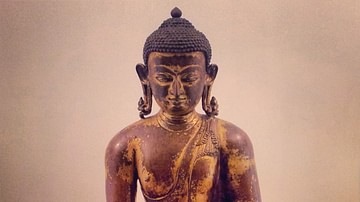
Definition
Siddhartha Gautama
Siddhartha Gautama (better known as the Buddha, l. c. 563 - c. 483 BCE) was, according to legend, a Hindu prince who renounced his position and wealth to seek enlightenment as a spiritual ascetic, attained his goal and, in preaching his path...
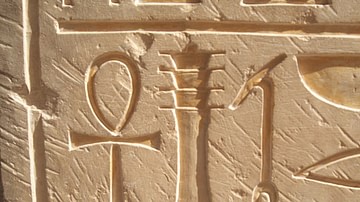
Article
Ancient Egyptian Symbols
Religion in ancient Egypt was fully integrated into the people's daily lives. The gods were present at one's birth, throughout one's life, in the transition from earthly life to the eternal, and continued their care for the soul in the afterlife...
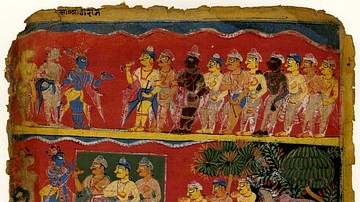
Article
Caste System in Ancient India
Ancient India in the Vedic Period (c. 1500-1000 BCE) did not have social stratification based on socio-economic indicators; rather, citizens were classified according to their Varna or castes. 'Varna' defines the hereditary roots of a newborn...
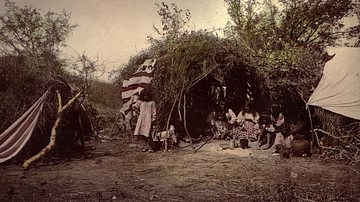
Article
Jicarilla-Apache Creation Story & Origin of the Animals
The Jicarilla-Apache Creation Story and Origin of the Animals are two origin myths of the Jicarilla-Apache nation of modern-day New Mexico. The Apache people as a whole have many different creation tales, as do the Jicarilla, but all follow...
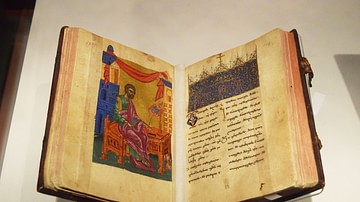
Definition
The Gospels
The New Testament contains four gospels attributed to Matthew, Mark, Luke, and John. The four gospels are not biographies of Jesus, nor are they history as we define it. What each gospel attempted to do was write a theological explanation...
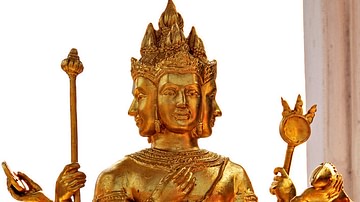
Definition
Brahma
Brahma is the Hindu creator god. He is also known as the Grandfather and as a later equivalent of Prajapati, the primeval first god. In early Hindu sources such as the Mahabharata, Brahma is supreme in the triad of great Hindu gods which...
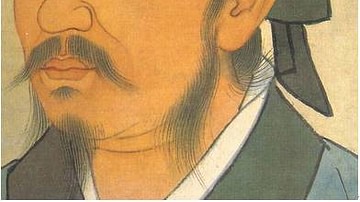
Definition
Xunzi
Xunzi (pronounced shund-zee, l. c. 310-c. 235 BCE) was a Confucian philosopher of the Warring States Period (c. 481-221 BCE) in China. He is also known as Hun Kuang, Hsun Tzu, Xun Tzu, and Xun Kuang. Xunxi translates as Master Xun and is...
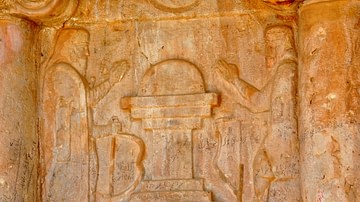
Article
Ancient Persian Gods, Heroes, and Creatures - The Complete List
The term 'mythology' comes from the Greek mythos (story-of-the-people) and logos (word or speech), meaning the spoken story of a people. Every civilization of the ancient world developed a belief system, which is characterized as 'mythology'...
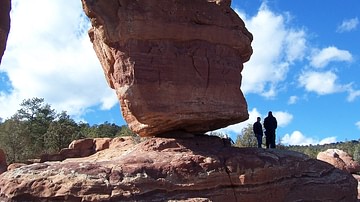
Article
Wihio Tales
Wihio tales are the Cheyenne legends featuring the trickster figure Wihio, who appears, variously, as a wise man, fool, villain, or hero and is associated with the spider. Wihio Tales continue to be as popular with the Cheyenne today as they...
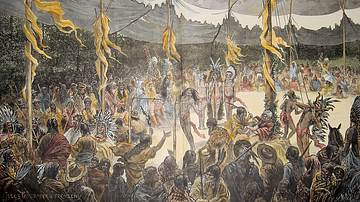
Definition
Sun Dance
The Sun Dance is a ritual ceremony observed by the Plains Indians of the regions of modern Canada and the United States to awaken the earth, renew the community, give thanks for the sun, and petition or give thanks for favors from the Great...